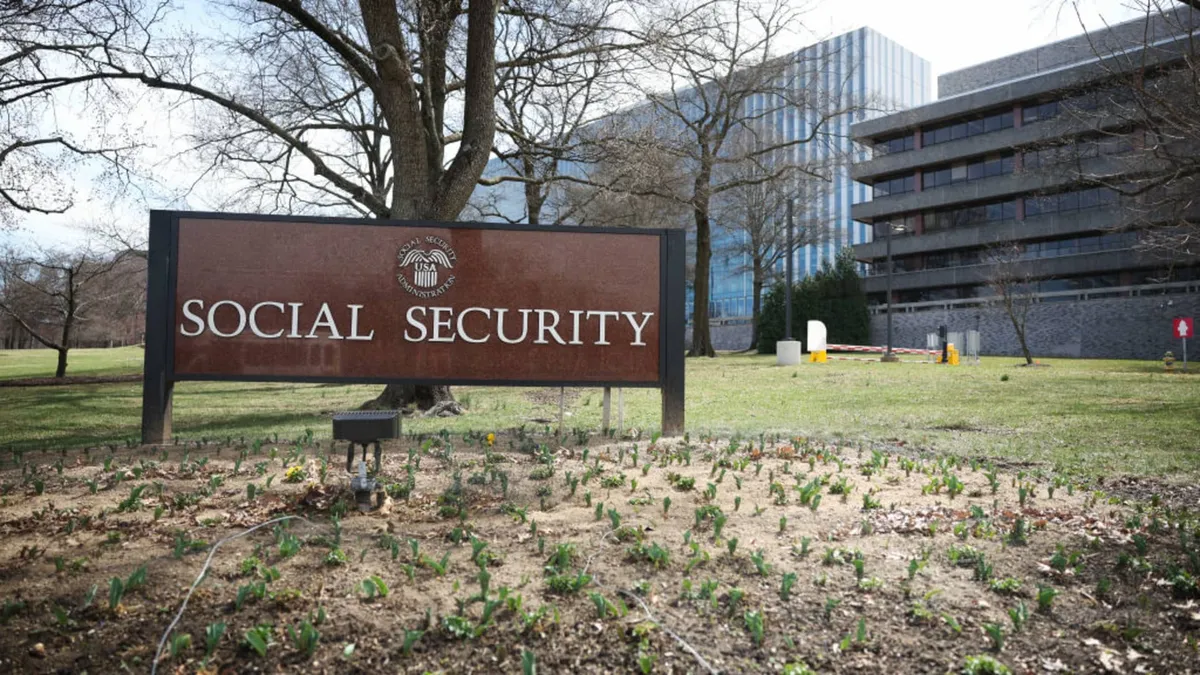
A federal judge has taken a significant step by issuing a temporary restraining order that prevents Elon Musk's controversial Department of Government Efficiency (DOGE) from accessing personally identifiable information (PII) from the Social Security Administration (SSA). This ruling comes from Judge Ellen Lipton Hollander in the U.S. District Court in Baltimore, who criticized DOGE for what she termed a "fishing expedition" aimed at acquiring sensitive data without justifiable reasons.
In her ruling, Judge Hollander expressed serious concerns regarding DOGE's motives, stating that the organization had failed to articulate why it required access to extensive datasets containing Americans' personal information. The judge emphasized that allowing such access could infringe upon the privacy rights of millions of individuals, a sentiment echoed in her stringent order.
The temporary restraining order specifically blocks the SSA, along with its acting commissioner Leland Dudek and chief information officer Michael Russo, from permitting any access to systems that contain personally identifiable information. This ruling underscores the importance of protecting citizens' data in an age where privacy concerns are paramount.
According to the lawsuit, personally identifiable information is defined as any information that can identify an individual, either independently or in conjunction with other data. This broad definition highlights the potential risks associated with unauthorized access to such sensitive information, raising alarms about data security and individual privacy rights.
Judge Hollander pointed out the irony in the situation, noting that while DOGE affiliates have kept their identities hidden due to fears of harassment, they do not appear to share the same concern for the millions of Americans whose SSA records could be accessed without their consent. This stark contrast raises important questions about accountability and the ethical implications of data handling by government entities.
The ruling serves as a crucial reminder of the ongoing debates surrounding data privacy and government access to personal information. As the situation develops, the implications of this temporary restraining order could have lasting effects on how government agencies manage and protect sensitive data. The public will be watching closely as this case unfolds, seeking assurances that their privacy rights are upheld.
For more updates on this story and similar topics related to data privacy and government operations, stay tuned.